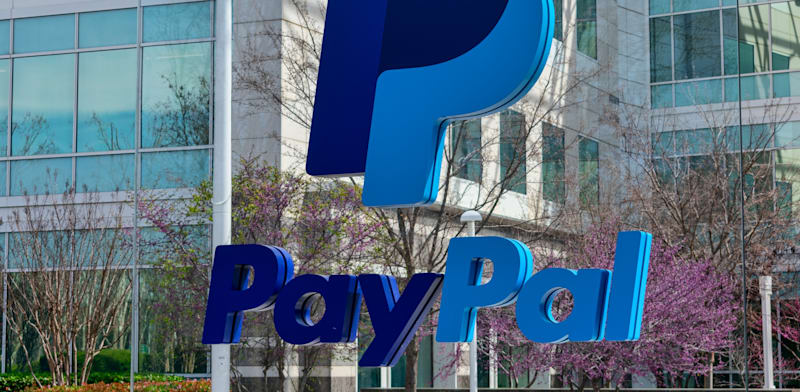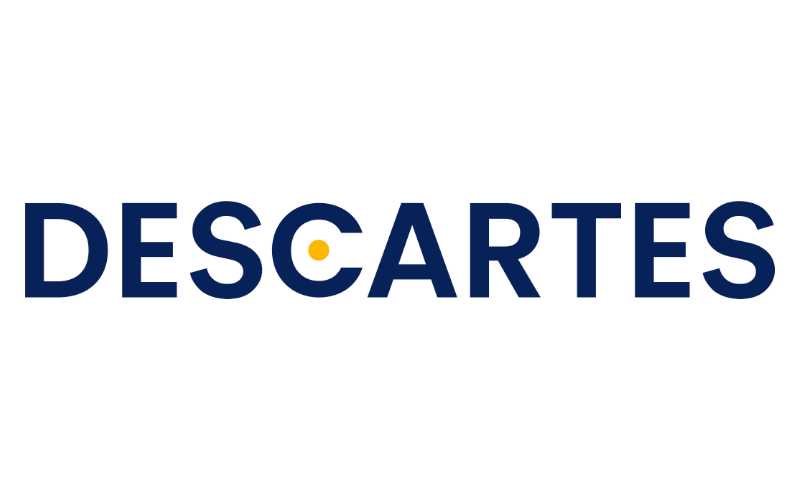Cybersecurity has become an increasingly pressing concern in today’s digital age, as the number of successful cyber attacks and data breaches continues to grow each year. According to a report by Cybersecurity Ventures, the cost of cybercrime is estimated to reach a staggering $6 trillion annually by 2021, a significant increase from the $3 trillion cost in 2015.
One major factor contributing to the rising number of successful hacks is the vulnerability of data while it is being processed. During this time, data is susceptible to attacks from various sources such as phishing, malware, and even insider threats. This vulnerability, known as the “security gap,” has long been identified as the main entry point for hackers to access sensitive information.
To address this issue, many cybersecurity experts have turned to a promising solution called confidential computing. This technology enables data to be protected while it is being processed, effectively closing the security gap and providing a potentially hack-proof defense in a zero-trust environment.
So, what is confidential computing and why is it considered the holy grail of the cyber industry? Confidential computing involves the use of hardware-based security measures to safeguard data while it is being used. This includes the implementation of secure enclaves, which are isolated areas within a computer’s hardware specifically designed to protect sensitive data.
One major advantage of confidential computing is that it allows organizations to protect their data even when it is being processed by third-party applications or services. This is crucial as many organizations rely on external services to process their data and may not have complete control over the security measures in place at those service providers. By using confidential computing, organizations can ensure that their data is protected no matter where it is being processed.
In addition, confidential computing enables organizations to implement a zero-trust environment. In this type of environment, all users, devices, and services are treated as potential threats until they can be verified as trustworthy. This means that even if a hacker gains access to a device or network, they will not be able to access sensitive data due to the protection provided by the secure enclaves.
So why is confidential computing considered the holy grail of the cyber industry? One reason is that it represents a major shift in the way data is protected. Traditional cybersecurity measures primarily focus on protecting data while it is at rest or in transit, but they are less effective at protecting data while it is in use. By closing the security gap, confidential computing offers a more comprehensive approach to data protection.
Another reason is that confidential computing requires a hardware solution. This is significant because it means that the security measures are built directly into the hardware of the device, making it much more difficult for hackers to bypass them.
There are a number of companies that are emerging as potential industry leaders, including:
1. Intel:
Intel is a leader in the confidential computing industry, with its Software Guard Extensions (SGX) technology widely adopted by organizations globally. SGX allows developers to create isolated, secure areas within a computer’s hardware to protect sensitive data.
2. Microsoft:
Microsoft has made significant contributions to the field of confidential computing with its Azure offerings, including the Azure Confidential Computing Virtual Machine and the Azure Confidential Ledger for secure record-keeping on the Azure blockchain.
3. Google:
Google has invested heavily in confidential computing, with its Asylo framework being a leading solution in the field. Asylo allows developers to create secure enclaves within the Google Cloud Platform to process sensitive data securely.
4. IBM:
IBM has been a pioneer in confidential computing, with its LinuxONE platform offering support for secure enclaves. This solution allows organizations to process sensitive data in a secure environment while also providing the ability to run a variety of workloads on the platform.
5. HUB Security:
HUB Security is a standout in the confidential computing market, having gained a strong position among major clients such as the Pentagon, Lockheed Martin, NASA, GE, and HSBC bank with its unique hardware-based HSM solution.
Overall, confidential computing is considered the holy grail of the cyber industry because it represents a significant advancement in the fight against cybercrime. As the number of successful hacks continues to rise, organizations need innovative ways to protect their data. Confidential computing offers a potentially hack-proof defense in a zero-trust environment, which is something that no other cybersecurity solution can offer. Given its comprehensive approach to data protection and the added security of a hardware solution, confidential computing is poised to play a significant role in the fight against cyber attacks and the growing cost of cybercrime.





































